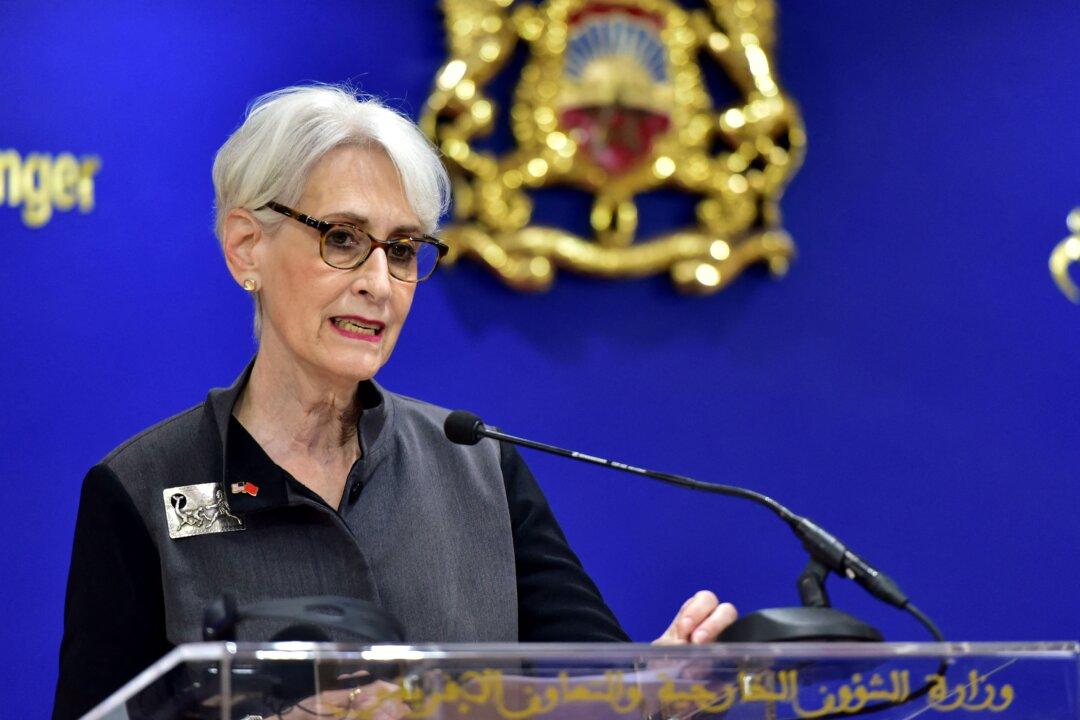The Chinese Communist Party (CCP) is intentionally disrupting and undermining the international system that made it a global power, according to Deputy Secretary of State Wendy Sherman. The United States and its allies, she said, were prepared to compete vigorously to counter the effort, and to heavily sanction it for support of Russia.
“The United States has been clear that we will compete, and compete vigorously, with [China] where we should, including on trade and the economy, technology and innovation, and other areas,” Sherman said at a meeting of the Friends of Europe think tank in Brussels on April 21.




